Hello friends,
It’s a new Monday of a new year. Hope yours is fantastic.
And however it is, and wherever you are, here’s some Jane Austen podcasting to power your Monday.
Louis Menand is a New Yorker writer and a Harvard professor who tries to get his Harvard students to read and understand and appreciate the stories of Jane Austen, among other classic authors - that’s his day job.
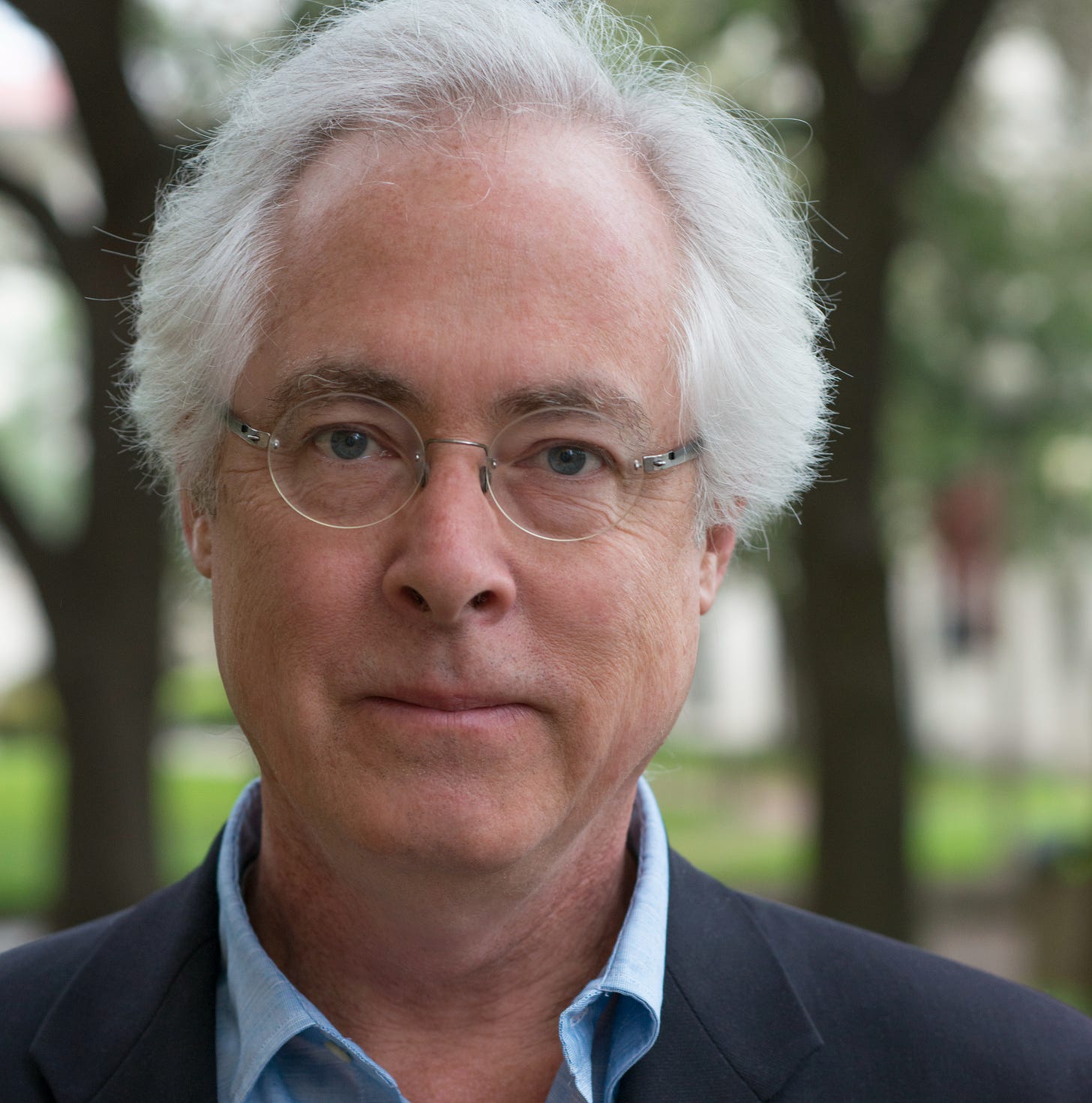
He co-teaches and co-founded a year-long freshman Humanities course at Harvard, with author and professor Stephen Greenblatt - the course is called “Humanities 10: An Introductory Humanities Colloquium.”
Menand says that the conversations in that popular Harvard class - and also the ways we read Jane Austen - are getting more global in scope, and more historical.
Our perspectives, you might say, are expanding.
This conversation is the last of our Season 2 series of podcast episodes - you can listen to the entire series on Spotify and Apple, or play/stream them straight from the Austen Connection website.
It was a New Yorker article Louis Menand wrote in September 2020 that captured our attention: Titled “How to Misread Jane Austen,” the piece examines current books and thinking about Austen, and how she is interpreted in today’s world. The ideas of Austen scholars like Helena Kelly, author of Jane Austen, the Secret Radical, and Tom Keymer, author of Jane Austen: Writing, Society, Politics, are explored.
Menand is himself the author of several books uniting history, culture, and ideas: His latest is The Free World: Art and Thought in the Cold War.
We interrupted Menand’s book tour to see if he’d like to take a break from the Cold War to talk with us about Jane Austen. Lucky for us - he welcomed the diversion.
Menand says Austen is important not just as an early, seminal novelist in English, but also as an innovator. You have to understand Austen to understand groundbreaking experimentalists like James Joyce.
Like anyone teaching Austen, Menand and his colleagues also have to get creative in the effort to convince their students about the relevancy of the Regency world. Drawing from wedding and marriage announcements in the New York Times and the New York Daily News, professors Menand and Greenblatt get their freshmen students to see that we’re all inhabiting a world of status and class, and money and marriage, that we have to navigate.
In this conversation, Menand discussed the Courtship Plot and how part of understanding marriage in Austen is understanding math in Austen. That specific Regency-era formula for capital, interest rates, and income is key to decoding the motivations and the stakes influencing Austen’s heroes and heroines.
We also talked about the novel Emma. For Professor Menand, this novel is really about Frank Churchill and Jane Fairfax. As many of you know, I very much agree!
Enjoy this conversation!
—--
And, thank you for tuning in, friends.
Please let us know any comments or back-talk you have for us on any of the dialogue here - about math, marriage, money, and Austen. And: Jane Fairfax and Frank Churchill and Emma.
And, who out there is teaching Jane Austen?
As a journalism professor who has never taught literature, it’d be wonderful to hear how you take on the challenge of making Austen relevant and engaging to students today - whether at the high school, college, or graduate level. Any special tricks? New approaches? General philosophy? Get in touch, teachers. You can simply reply or email us at austenconnection@gmail.com - or comment here:
Meanwhile, thanks for listening.
Have a wonderful, safe, first week of this hopeful 2022,
Yours truly,
Plain Jane
Cool links
Louis Menand’s The Free World
Helena Kelly’s Jane Austen, the Secret Radical
Tom Keymer’s Jane Austen: Writing, Society, Politics
If you are contributing as a paid subscriber to the Austen Connection, you are a member of the Charlotte Lucas Loyalty Club - and you rock. Thank you!
If you appreciate this podcast, project, and the labor that goes into creating it, and would like to support the work, you can contribute as a paid subscriber and join the Charlotte Lucas Loyalty Club. You are also very welcome to sign up for the newsletter and join this community for free. The Austen Connection is free and available to everyone. Thank you for being here.



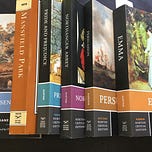
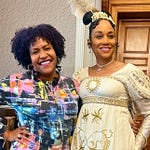



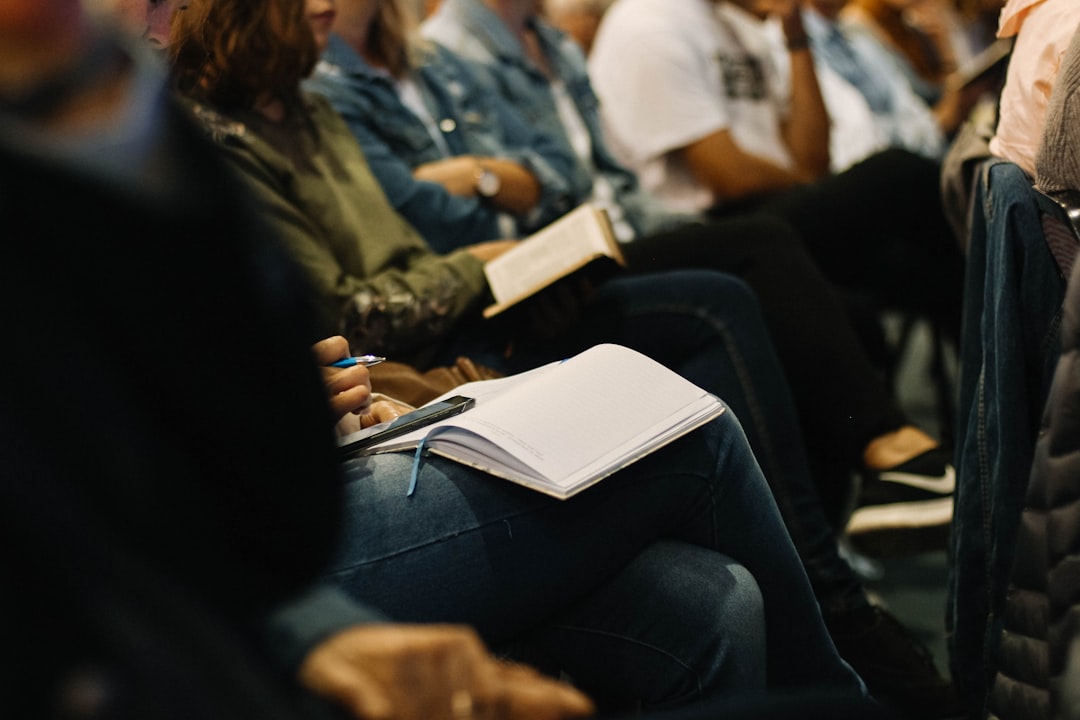


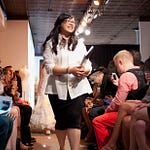
Share this post